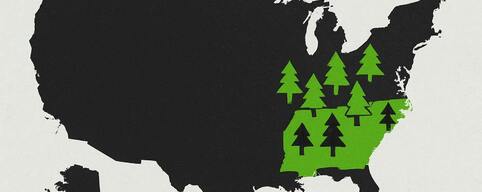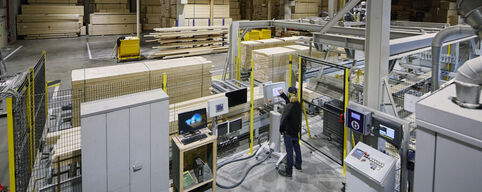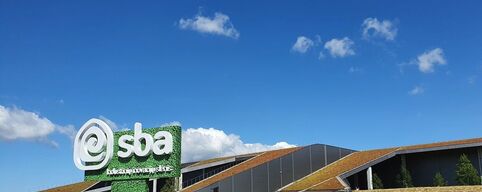

Quebec's forestry industry is on the verge of a major new economic challenge as a potential significant increase in customs tariffs for exports to the United States looms on the horizon. According to recent statements from the US Department of Commerce, tariffs could reach 34.45%, a marked increase due to the new “anti-subsidy” duties. This measure is in addition to existing duties and could disrupt the softwood lumber industry, already strained by ongoing trade tensions between Canada and its southern neighbor.
Canadian softwood lumber has long been a key point of contention in Canada-U.S. trade relations. Last summer marked an important phase in this dispute, when tariffs on Canadian softwood lumber skyrocketed from 8.05% to 14.54%. This upward trend seems to be continuing, creating a climate of uncertainty for Quebec exporters.
The United States is currently applying anti-dumping duties of around 14% on Canadian softwood lumber. In addition to this, the planned anti-subsidy duties could rise to 20%. In concrete terms, this could mean a sharp overall increase in tariffs, threatening the competitiveness of Quebec producers on the US market.
The potential impact of these tariff increases, if they materialize, could be felt from the beginning of next year. For Quebec foresters, this increase would represent a considerable additional financial burden, thus requiring strategic adaptations to maintain their presence in the American market.
Pending the final outcome of this proposed duty increase, stakeholders in Quebec's forestry industry must prepare to navigate an uncertain trade landscape, where export costs could increase considerably.



